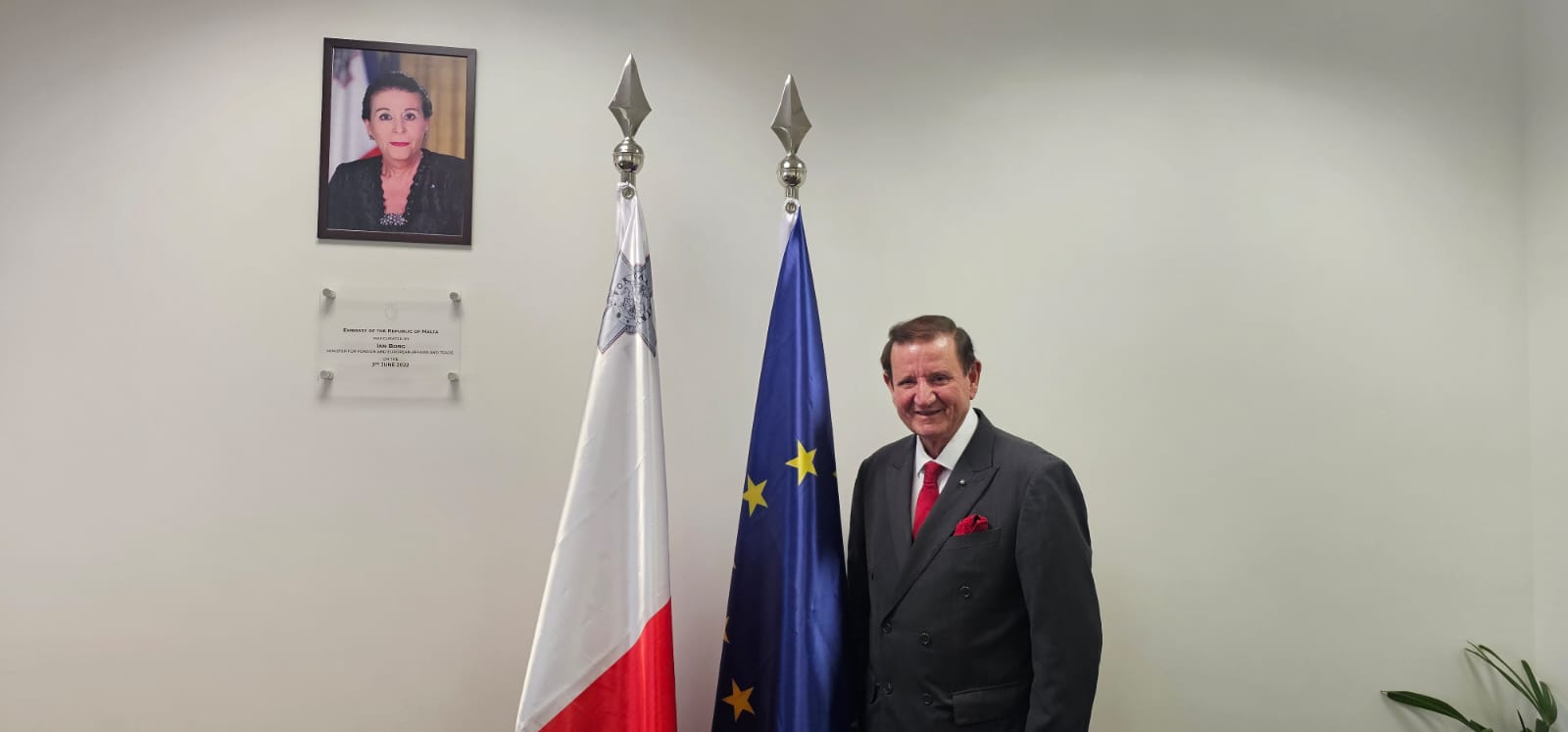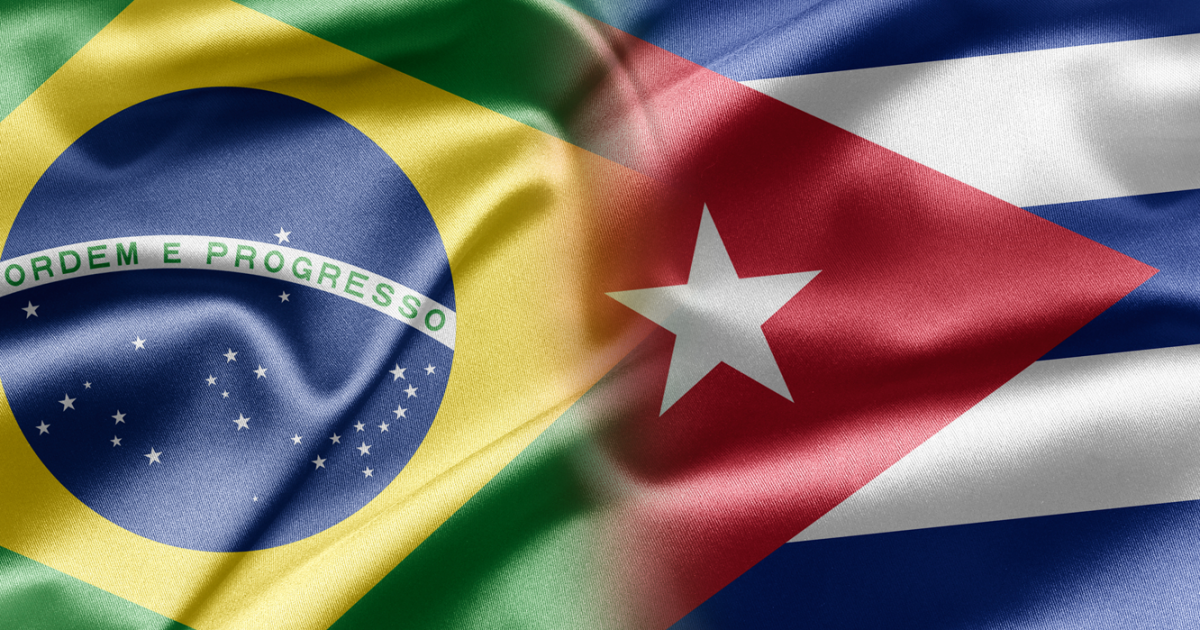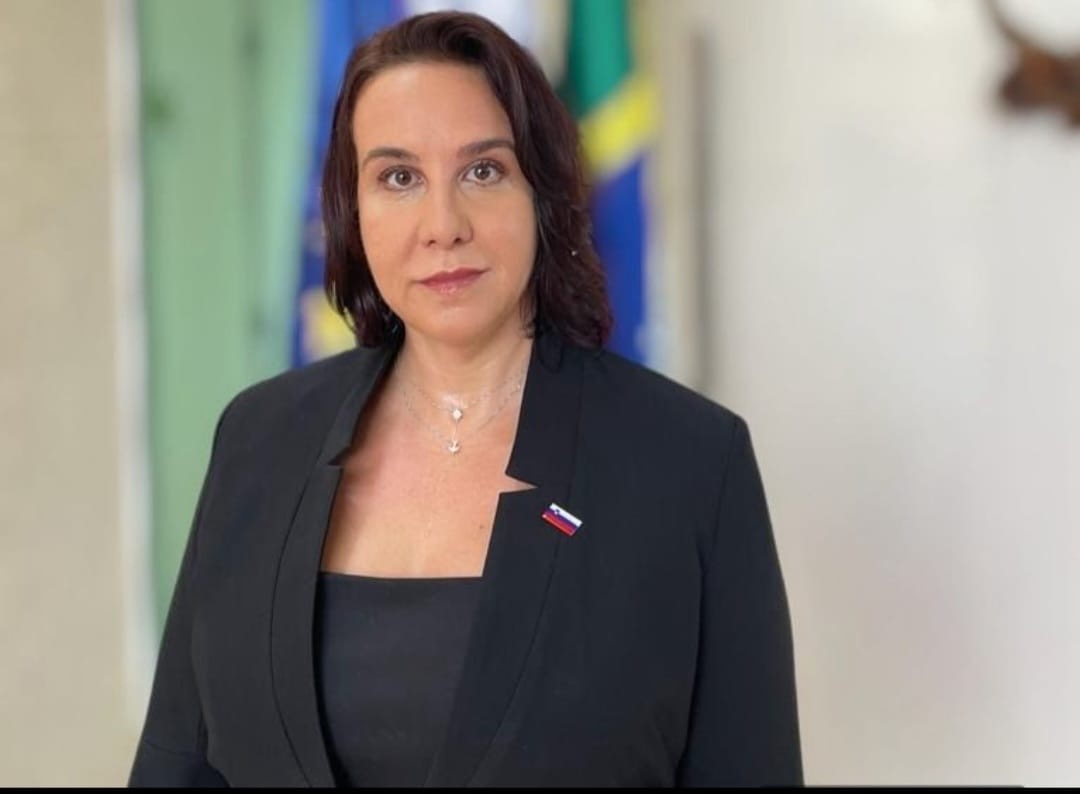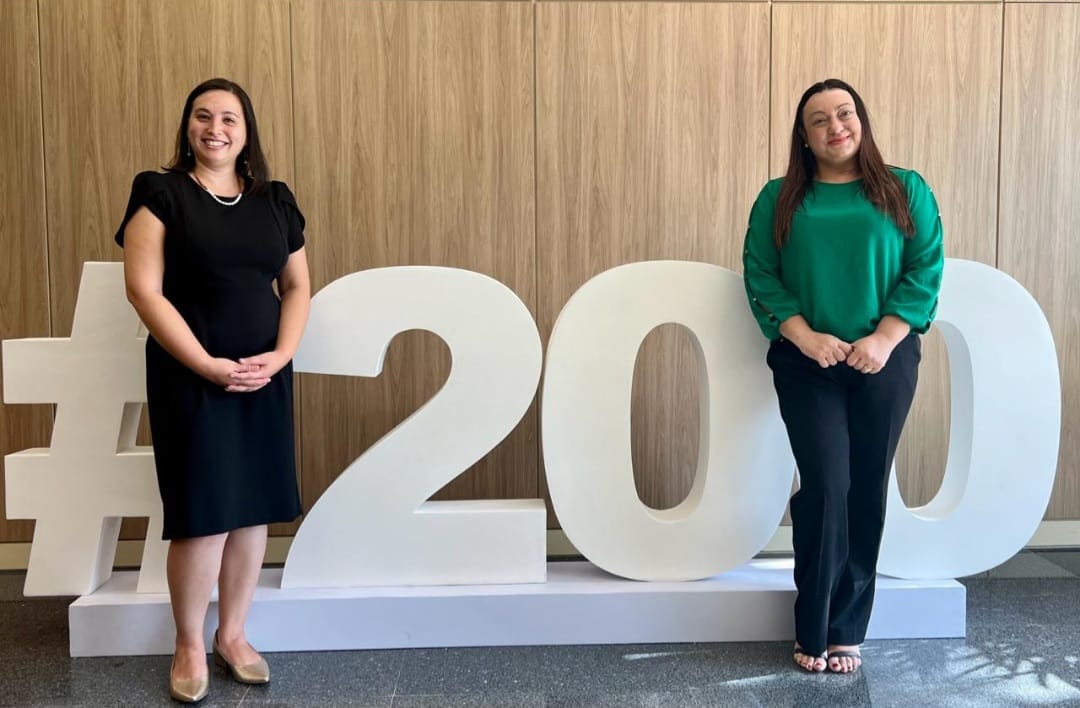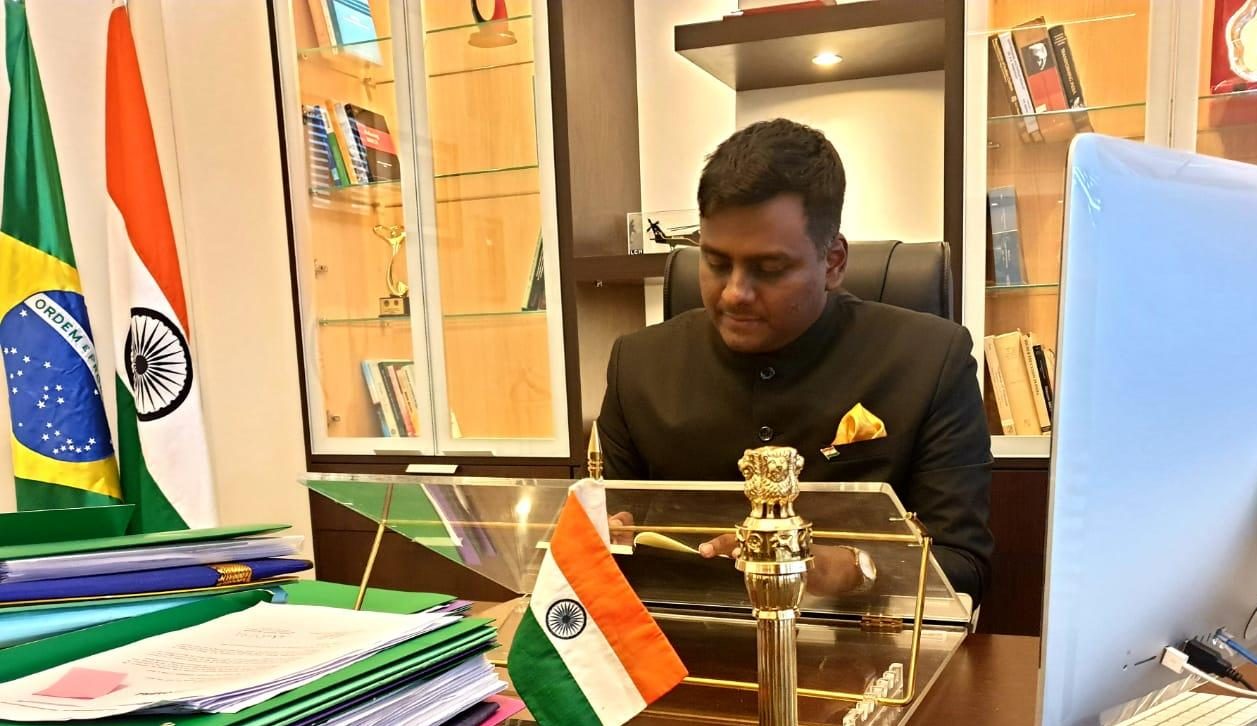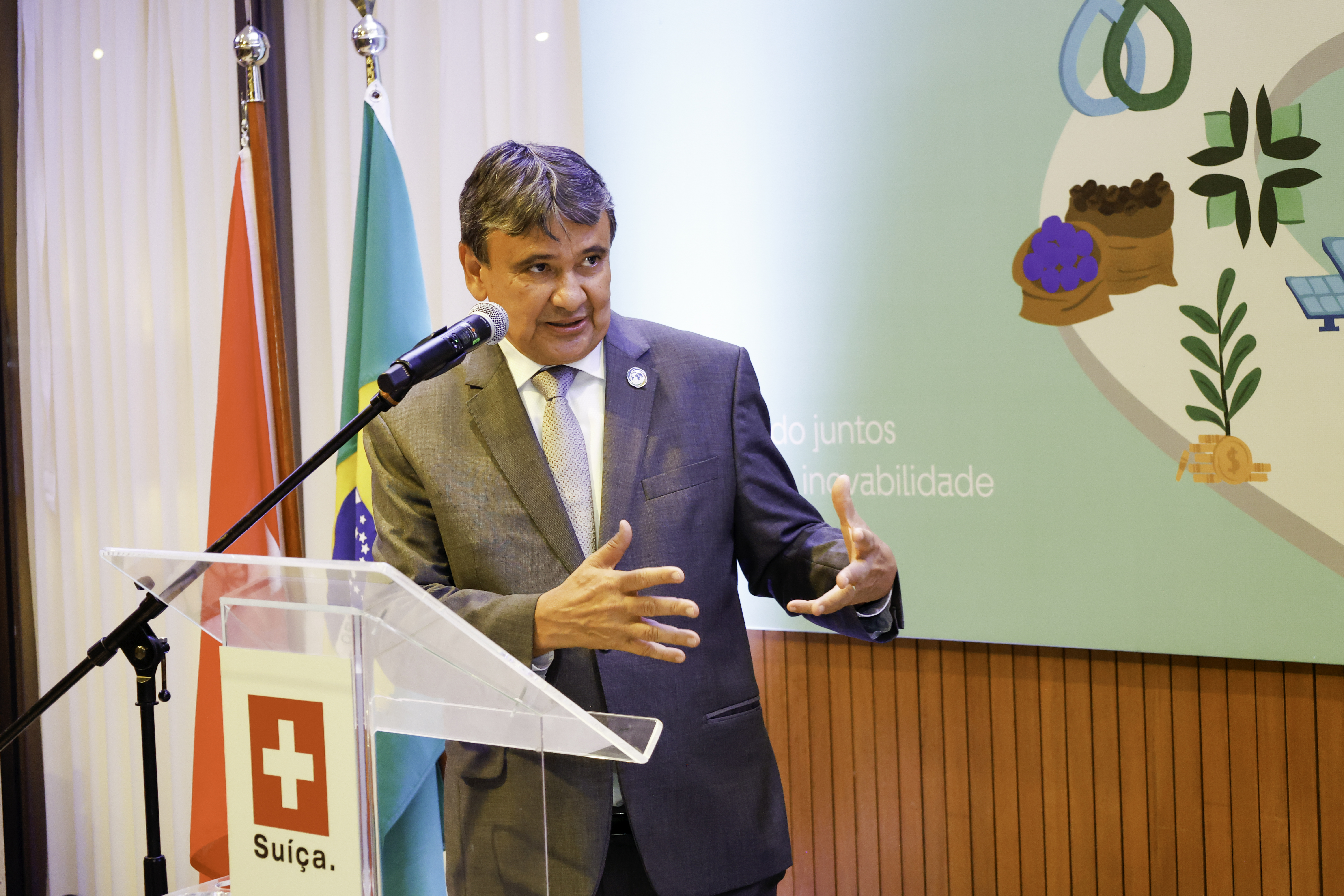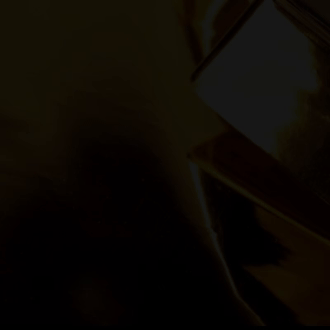Mr. S. Koventhan, Chargé d’affaires a.i. , Embassy of India in Brasilia talks to Fabiana Ceyhan
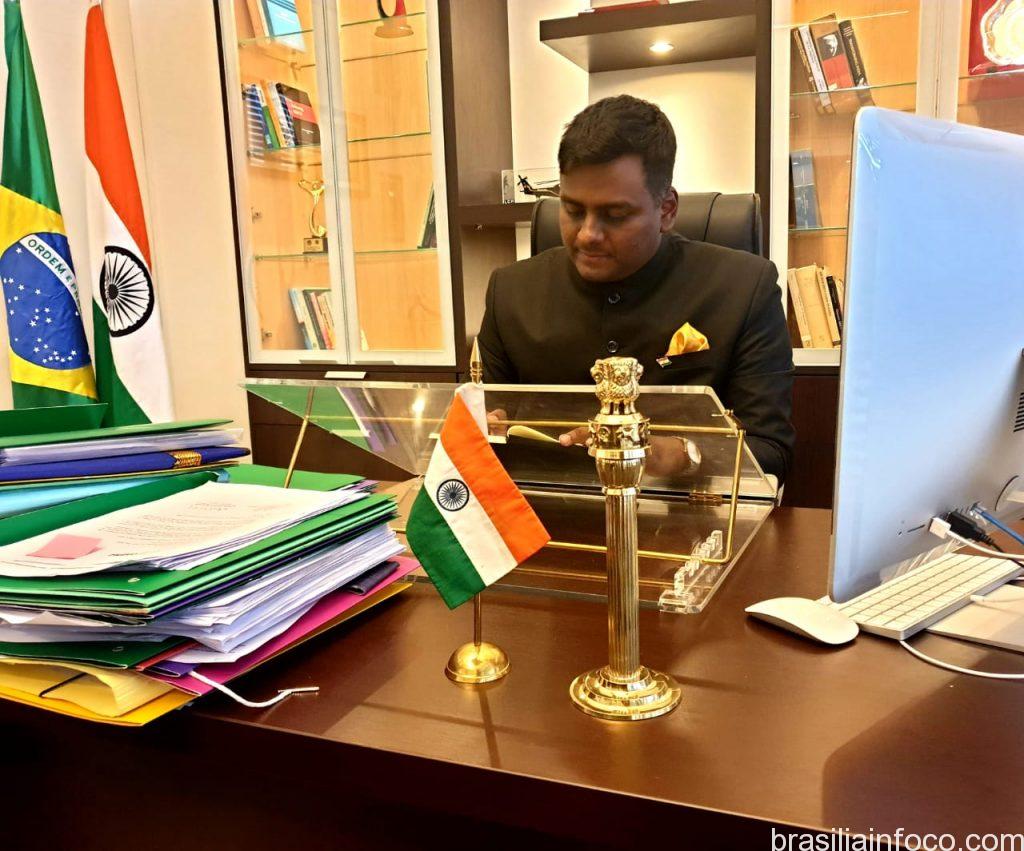
1. What is the current situation of COVID-19 pandemic in India and how India is facing this challenge?
India, a country of 1.3 billion people, has been able to limit the number of deaths to 392 (as on 15-04-2020), since the first COVID-19 case was detected. With a detailed management strategy and well executed plan under the dynamic leadership of Hon’ble Prime Minister of India Shri Narendra Modi, we are handling the COVID-19 situation in India in the best possible way. Long before we had a reported case of COVID-19, we started screening international travellers coming in from the Corona affected countries at our airports. Much before the number of COVID-19 patients reached 100, we had made 14-day self-quarantine mandatory for all those coming in from abroad. When we had only 550 COVID-19 cases, then itself India took the big step of a 21-day nationwide complete lockdown. Further, in the overall interest of our country and its citizens, Government of India has further extended this lockdown till 3rd May 2020. The display of the collective strength, in this time of crisis is enabling us to move ahead in our fight against this pandemic.
2. Tell us something about the various measures/steps taken by the Government of India to tackle COVID-19 crisis.
Our Prime Minister (PM) took cognizance of the matter and constituted a GOM (Group of Ministers) to plan, monitor and review the situation regularly. Our PM also takes regular review meetings with various stake holders including Cabinet Ministers, Chief Ministers of the states, Heads of Indian Missions abroad, senior officials of the government from to time to time. On handling of COVID-19 pandemic, he had also interacted with many world leaders, including President of Brazil H.E. Jair Bolsonaro.
Our Public Administration is one of our biggest strength. The Federal and State executives have been mobilized and are working as an integrated unit.
- Organised Surveillance at the points of Entry in the Country (airports, shipping, land borders)
- Network of labs across the country has been set up to facilitate early and timely sample testing. We have 220 functional testing labs.
- Hospital preparedness in terms of isolation beds, critical care management and infection prevention. We have more than 600 hospitals dedicated for the treatment of COVID-19 patients.
- ⮚ Capacity building (Doctors, nurses and other health care staff) and Logistics management (PPE, masks, hand sanitisers etc.)
- Keeping in mind the need for having a dedicated national fund with the primary objective of dealing with any kind of emergency or distress situation, like posed by the COVID-19 pandemic, and to provide relief to the affected, a public charitable trust under the name of ‘Prime Minister’s Citizen Assistance and Relief in Emergency Situations Fund’ (PM CARES Fund)’ has been set up.
- A nationwide lockdown was implemented since 25 March 2020. The lockdown is accompanied by a nationwide effort to enhance medical preparedness. This lockdown is now being extended till 3rd May 2020.
- Intensive contract tracing
- Now based on the reported cases, we have categorized districts into three types Hot Spots (Red Zone), Non-hot spot districts (Orange Zone) and Non-infected districts (Green Zone) and containment measures are implemented accordingly.
3. What are steps taken to protect the interest of economically weaker sections in India?
Prime Minister’s Garib Kalyan Package was launched to mitigate the hardships faced by poor and disadvantaged. Food supplies, cooking gas, financial support and other forms of support are being delivered on nationwide basis. As per the data available with me, 323.2 million people have been supported through Direct Benefit Transfer. 52.9 million people were given free ration of food grains, 21.7 million building and construction workers received financial support. Women, old aged people, differentially abled people are also being provided assistance under this programme.
4. What are the steps taken for Indian nationals stranded abroad?
Ministry of External Affairs in New Delhi had set up a COVID cell which functions 24×7. It is monitoring the condition of stranded Indians on a regular basis. The Ministry has coordinated inward and outward evacuations on a massive scale. Our Missions abroad are in regular touch with Indian nationals and are extending all possible assistance to them.
In the Embassy of India in Brasilia and our Consulate in Sao Paulo, we have adopted the approach of ‘‘Social Distancing and digital Proximity’’. To help Indian nationals in Brazil, we had set up two 24×7 Helpline Numbers +55 (61)981391127 & +55(11)994518224. A situation room has been established in Brasilia (email: covidsitbrasilia@gmail.com). All the queries received on emails and phone calls are being promptly responded to. We also keep our social media pages updated of the all relevant advisories on travel and visa. We are also doing regular Video-Conferencing with prominent members of Indian community in Brazil. Officials from Consulate General in Sao Paulo & Hon. Consulate in Rio are also part our response teams. We are also in touch with authorities in the Brazilian government. Through Oyo Rooms, accommodation at concessional rates are also being facilitated for Indian nationals in Brazil. We also organize online Yoga classes mainly to de-stress the body and mind of people during this time of crisis. A live FB Yoga session will also be organised on every Saturdays at 1700 hours, starting from 18th April onwards.
5. How are India-Brazil co-operating in the fight against COVID-19 pandemic?
Brazil and India enjoy a close and friendly relations. Our partnership with Brazil is stronger than ever in these challenging times. President of Brazil HE Jair Bolsonaro, in his address to the nation on 8th April 2020, thanked Prime Minister of India and people of India for the timely help for export of Hydroxychloroquine. Prime Minister of India also reciprocated his thanks to President of Brazil. Both the leaders have attended G20 Virtual Summit, they also had a tele-con and discussed how India-Brazil can join forces against COVID-19 pandemic.
6. How does India co-operate internationally on this matter?
India thinks ‘global pandemic requires a global response’. India is committed to contribute to humanity’s fight against this pandemic. India has responded positively to the pharmaceutical requirements of other nations and also extended assistance to other countries by providing essential medical equipments and medicines. A South Asian Association for Regional Cooperation (SAARC) COVID-19 Emergency Fund was also set up with India contributing USD 100 million to fight this pandemic in SAARC countries. I already mentioned about the Virtual G20 Summit.
7. How technology is being used in India to tackle COVID-19? Aarogya Setu is a mobile application developed by Government of India to connect essential health services with the people of India mainly to deal with COVID-19 crisis. It is an important step in our fight against COVID-19. Over 50 million users have downloaded it.

